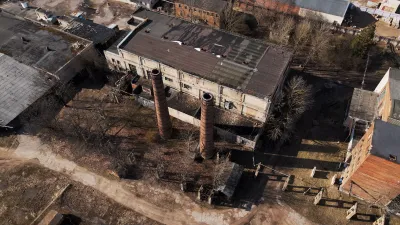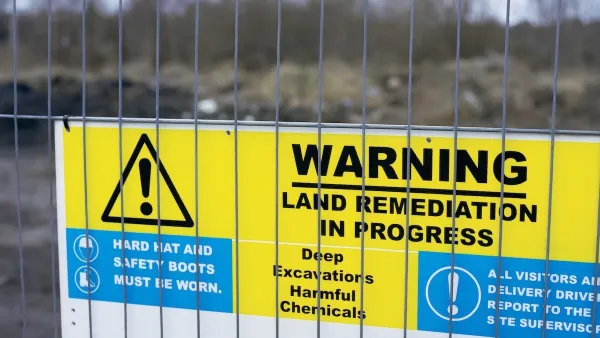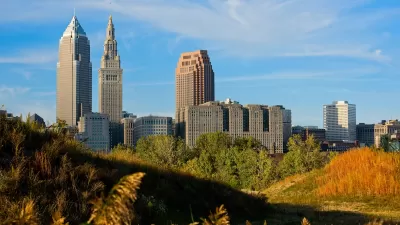The EPA provided the funding to Wisconsin for brownfield cleanups in cities like Milwaukee and Racine, even as broader agency budget cuts under the Trump administration raise concerns about future environmental protection capacity.

The U.S. Environmental Protection Agency (EPA) has awarded over $12.4 million in brownfield grants to nine local, state, and tribal entities in Wisconsin to support the cleanup and redevelopment of contaminated sites. As reported by Danielle Kaeding of Wisconsin Public Radio, the grants are part of a $267 million national initiative to revitalize polluted properties into community assets like housing and businesses. In Milwaukee, the Redevelopment Authority will receive $650,000 to remediate sites including Compass Lofts, a Hilton hotel, and a food pantry location, along with an additional $500,000 to clean a warehouse contaminated with volatile organic compounds.
Other grant recipients include the Wisconsin Department of Natural Resources, the City of West Allis, and communities such as Kenosha, Racine, Brillion, and the Oneida Nation, with awards ranging from $500,000 to $3 million. These funds are largely intended for site assessments, cleanups, and revolving loan funds to spur redevelopment projects that protect public health and spur economic activity. EPA officials have emphasized that the program aligns with efforts to combine environmental stewardship with economic revitalization while remaining fiscally responsible.
However, this funding comes amid sweeping budget cuts proposed by the Trump administration, including the elimination of $1.7 billion in environmental justice and climate-related grants and a proposal to reduce EPA staffing and funding to levels not seen since the Reagan era. While EPA Administrator Lee Zeldin framed the current awards as part of “Powering the Great American Comeback,” environmental advocates warn that the broader budget cuts could undercut the agency’s ability to address contaminated sites and carry out its mission effectively.
FULL STORY: EPA Awards Wisconsin $12 Million For Brownfield Cleanup

Planetizen Federal Action Tracker
A weekly monitor of how Trump’s orders and actions are impacting planners and planning in America.

Maui's Vacation Rental Debate Turns Ugly
Verbal attacks, misinformation campaigns and fistfights plague a high-stakes debate to convert thousands of vacation rentals into long-term housing.

San Francisco Suspends Traffic Calming Amidst Record Deaths
Citing “a challenging fiscal landscape,” the city will cease the program on the heels of 42 traffic deaths, including 24 pedestrians.

Defunct Pittsburgh Power Plant to Become Residential Tower
A decommissioned steam heat plant will be redeveloped into almost 100 affordable housing units.

Trump Prompts Restructuring of Transportation Research Board in “Unprecedented Overreach”
The TRB has eliminated more than half of its committees including those focused on climate, equity, and cities.

Amtrak Rolls Out New Orleans to Alabama “Mardi Gras” Train
The new service will operate morning and evening departures between Mobile and New Orleans.
Urban Design for Planners 1: Software Tools
This six-course series explores essential urban design concepts using open source software and equips planners with the tools they need to participate fully in the urban design process.
Planning for Universal Design
Learn the tools for implementing Universal Design in planning regulations.
Heyer Gruel & Associates PA
JM Goldson LLC
Custer County Colorado
City of Camden Redevelopment Agency
City of Astoria
Transportation Research & Education Center (TREC) at Portland State University
Jefferson Parish Government
Camden Redevelopment Agency
City of Claremont





























